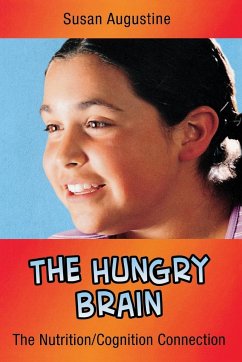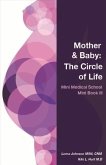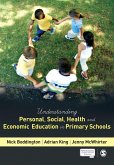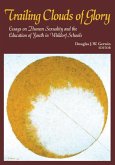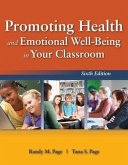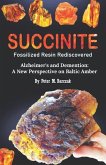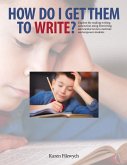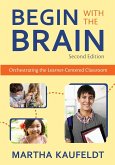The brain gets fed first! That is an important idea that directly relates to the nutrition/cognition connection in schools. As the education community faces the challenges of childhood obesity, malnutrition of the brain, food allergies, disorders of metal metabolism and biochemical imbalances, educators are eager to learn about how to guide students in the care of their bodies, and especially, in the feeding of the brain. Making "smart" choices for the very hungry brain is the focus of this cutting edge book that provides the busy teacher with vital information on nutrition and behavior. Dr. Marcus develops a rich discussion about three food groups: animal foods, plant foods and junk foods. She explains why breakfast is still the most important meal of the day, provides brain joggers for easy integration into classroom activities, and presents a host of practical strategies for teaching nutrition as part and parcel of a "learning for a lifetime" curriculum.

